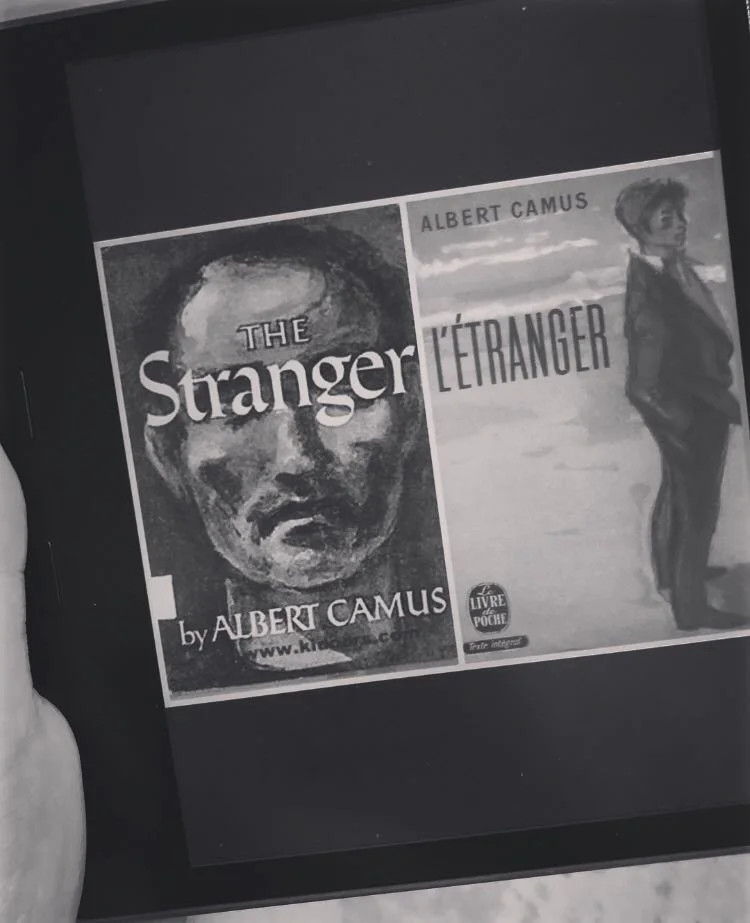When singularists attempt to address multiple things at once, they create this ambiguous interpretation. The sentences above contain collective predicates, which apply to their arguments collectively, not individually. As a result, the theory of plural quantification stated that plurals cannot be satisfactorily analyzed in terms of the singular. Thus, plural reference, plural quantification, and plural predication must be recognized as primitive. They can then form part of genuinely plural logics.












